By Kosta Katsaros
2nd Year Management Intern
Artificial Intelligence (AI) is transforming healthcare, promising efficiency, accuracy, and cost savings. While the benefits of AI are numerous, a common theme in the debate of its use in healthcare is its potential to deskill health professionals (Winter & Carusi, 2022). The paradox of AI in healthcare is that while it can augment and support healthcare professionals in their role and tasks, it can also make their skills less critical. This ‘deskilling’ can have serious implications.
Understanding Deskilling
Deskilling refers to the loss or reduction in the professional skill level required to perform a job or position, often due to the introduction of new technologies or work practice changes (Rafner et al., 2021). AI can automate complex tasks traditionally performed by highly skilled professionals, potentially leading to a reliance on technology at the expense of human expertise. For example, AI may automatically read patients’ medical records and charts, where over time, healthcare professionals may find this task daunting or lack the detailed insight that the manual review processes helped to cultivate. The crux of the issue lies in ensuring that reliance on technology, including AI, should not come at the expense of developing fundamental professional skills and knowledge (Choudhury & Chaudhry, 2024).
The Role of AI in Healthcare
AI technologies can be used for various applications and mainly have functionalities in patient diagnosis, treatment, consultation, and health monitoring (Ali et al., 2023). An example of its application is AI-powered Clinical Decision Support Systems (CDSS), which provide healthcare professionals with patient-specific assessments or recommendations to aid clinical decision-making. This has emerged as a valuable tool in advancing personalised and patient-centered treatment, offering the potential to analyse complex datasets, predict treatment outcomes, and optimise treatment strategies (Alowais et al., 2023). However, while AI-powered CDSS can enhance the quality of care by providing up-to-date medical information and reducing diagnostic errors, it can also lead to an over-reliance on the technology. Where if healthcare professionals begin to trust these AI-powered systems blindly without critical evaluation, their skills (e.g. clinical judgment) may decline.
Another prominent example of an AI-powered application is in diagnostic imaging. AI algorithms are now capable of analysing X-rays, MRIs, and CT scans with remarkable accuracy. While this can significantly speed up the diagnostic process and reduce human error, it also means that radiologists may become overly dependent on AI, potentially losing the depth of skill required to identify subtler anomalies that an AI may miss. A clinician was quoted via an interview in the study by Aquino et al. (2023);
“So radiologists, their role will have to change. Rather than learning how to recognise patterns and match patterns, a computer can do it for them, so they’ll have a different role. Just like pathologists now have a different role. In the past, they had to mix reagents and things, now the machine does it for them and tells them the result. But the confidence intervals are given, so they have a different role, a more advisory role probably.”
Human Factors: Communication and Emotional Intelligence
Beyond the technical skills and knowledge base, healthcare is fundamentally about human interaction. Providing healthcare means being responsive to a patient’s physiological, personal and emotional needs, where effective communication and emotional intelligence are critical components of patient care. The introduction of AI can fundamentally change and disrupt communication between patients and their clinicians (Sujan et al., 2023). For instance, breaking bad news to a patient or providing comfort during distress requires a level of empathy and emotional intelligence that AI cannot replicate. Health professionals must navigate complex emotional landscapes, build trust, and understanding verbal and non-verbal cues to provide compassionate care. How will the introduction of AI in these environments affect this patient and clinician relationship?
The Way Forward
A utopian view is that as technology continues to evolve and progress, AI systems will become more intelligent, enabling these systems to achieve a state of precision medicine through connected care. Healthcare will shift from the traditional “one-size-fits-all” approach to a preventative, personalised, data-driven model that achieves improved patient outcomes in a more efficient and effective system (Bajwa et al., 2021).
The challenge is to ensure that the deployment and implementation of AI technologies complements human abilities without diminishing the need for critical thinking, reasoning, and creativity. The pathway of AI in healthcare may be inevitable, given the shortage of health professionals, where automation of certain tasks and skills may be required to meet the healthcare needs of the growing population (Le Lagadec et al, 2024).
To mitigate these risks, it is crucial to strike a balance. Continuous training and education should be emphasised to ensure that health professionals retain their skills and expertise. AI could be used to directly upskill clinicians by personalising their education and training to improve the clinician’s own skills and remain extrinsic to the human decision-maker. Additionally, fostering a collaborative environment where AI is seen as a tool to augment rather than replace human skills is essential. Moreover, prioritising the human element in healthcare by continuing to train healthcare professionals in communication and emotional intelligence is vital. Emphasising these skills ensures that patient care remains holistic and patient-centered, even as AI technologies become more prevalent.
Final Word
While AI holds immense potential to transform healthcare for the better, it is imperative to remain vigilant about its impact on the skills of health professionals. By fostering an environment of continuous learning and critical engagement with AI technologies, we can harness the benefits of AI without compromising the essential skills that define high quality, safe, and patient-centered healthcare.
Interestingly, the insights and structure of this blog were generated by an AI, specifically ChatGPT developed by OpenAI (2024). This serves as a testament to the capabilities of AI in producing coherent and contextually relevant content. However, it also underscores the importance of maintaining human oversight and editorial input to ensure quality and relevance. Just as AI can assist in creating written content of this blog, it should be viewed as an aid rather than a replacement for human expertise in healthcare.
Disclaimer: Views are those of individual authors and not those of ACHSM or management intern’s employers.
References
Ali, O., Abdelbaki, W., Shrestha, A., Elbasi, E., Ali Alryalat, M. A., & Dwivedi, Y. K. (2023). A systematic literature review of artificial intelligence in the healthcare sector: Benefits, challenges, methodologies, and functionalities,
Journal of Innovation & Knowledge, 8(1), 100333. https://doi.org/10.1016/j.jik.2023.100333
Alowais, S. A., Alghamdi, S. S., Alsuhebany, N., Alqahtani, T., Alshaya, A. I., Almohareb, S. N., Aldairem, A., Alrashed, M., Saleh, K. B., Badreldin, H. A., Al Yami, M. S., Al Harbi, S., & Albekairy, A. M. (2023). Revolutionizing healthcare: the role of artificial intelligence in clinical practice. BMC Medical Education, 23, 689. https://doi.org/10.1186/s12909-023-04698-z
Aquino, Y. S. J., Rogers, W. A., Braunack-Mayer, A., Frazer, H., Win, K. T., Houssami, N., Degeling, C., Semsarian, C., & Carter, S. M. (2023). Utopia versus dystopia: Professional perspectives on the impact of healthcare artificial intelligence on clinical roles and skills. International Journal of Medical Informatics, 169, 104903. https://doi.org/10.1016/j.ijmedinf.2022.104903.
Bajwa, J., Munir, U., Nori, A., & Williams, B. (2021). Artificial intelligence in healthcare: transforming the practice of medicine. Future Healthcare Journal, 8(2), 188-194. https://doi.org/10.7861/fhj.2021-0095.
Choudhury, A., & Chaudhry, Z. (2024). Large Language Models and User Trust: Consequence of Self-Referential Learning Loop and the Deskilling of Health Care Professionals. Journal of Medical Internet Research, 26, 56764.
https://doi.org/10.2196/56764
Le Lagadec, D., Kornhaber, R., & Cleary, M. (2024). Navigating the impact of artificial intelligence on our healthcare workforce. Journal of Clinical Nursing, 33, 2369-2370. https://doi.org/10.1111/jocn.17191
OpenAI. (2024). ChatGPT. Retrieved from https://www.openai.com/research/chatgpt
Rafner, J., Dellermann, D., Hjorth, A., Veraszto, D., Kampf, C., Mackay, W., & Sherson, J. (2021). Deskilling, Upskilling, and Reskilling: a Case for Hybrid Intelligence. Morals & Machines,1, 24-39. https://doi.org/10.5771/2747-5174-2021-2-24.
Sujan, M., Furniss, D., Grundy, K., Grundy, H., Nelson, D., Elliott, M., White, S., Habli, I., & Reynolds, N. (2019). Human factors challenges for the safe use of artificial intelligence in patient care. BMJ Health & Care Informatics, 26(1), 100081. https://doi.org/10.1136/bmjhci-2019-100081.
Winter, P. & Carusi, A. (2022). Professional expectations and patient expectations concerning the development of Artificial Intelligence (AI) for the early diagnosis of Pulmonary Hypertension (PH). Journal of Responsible Technology, 12, 1-10. https://doi.org/10.1016/j.jrt.2022.100052.
